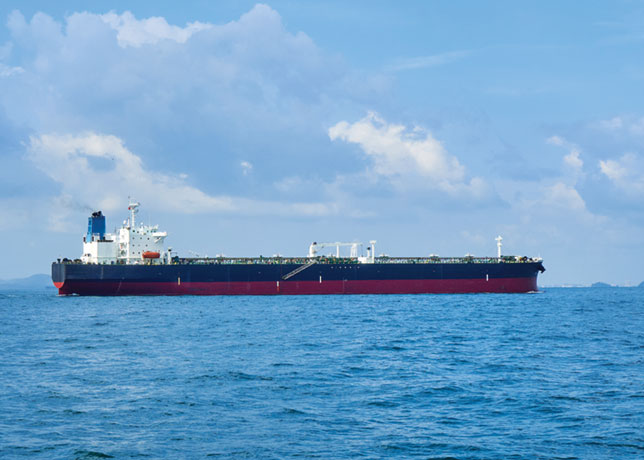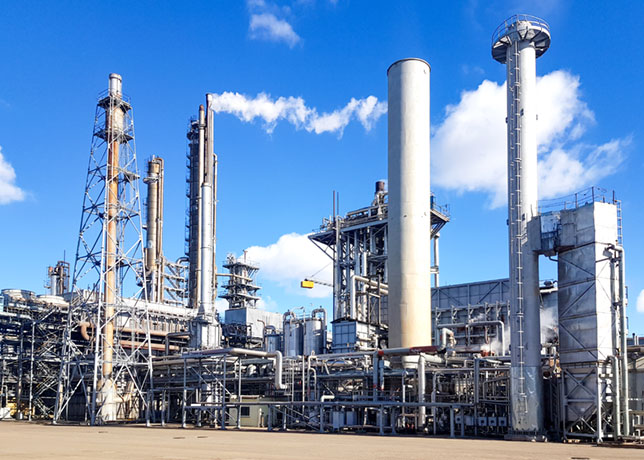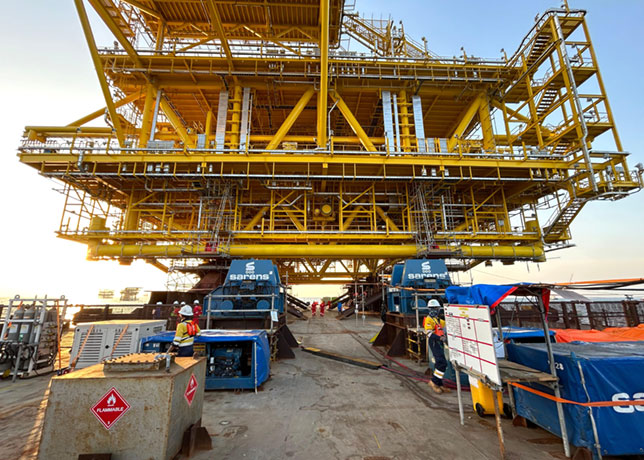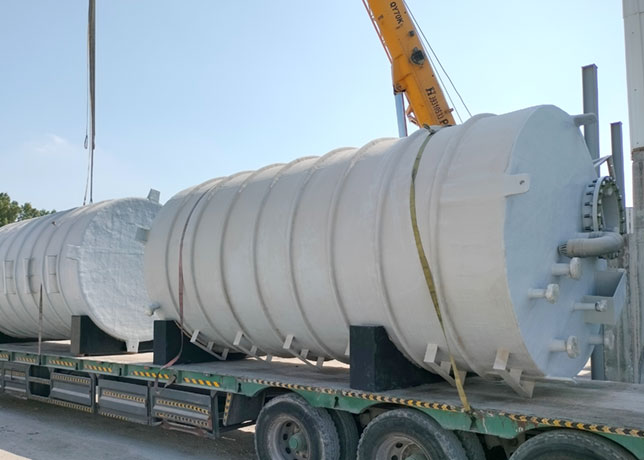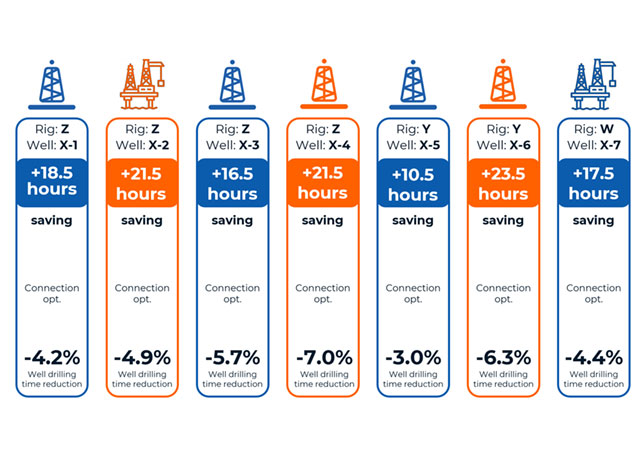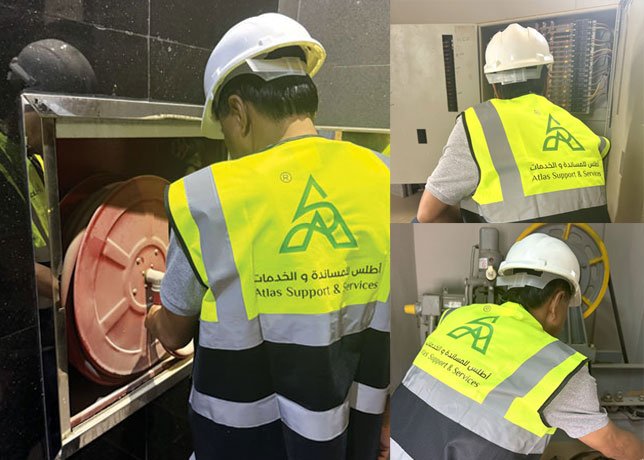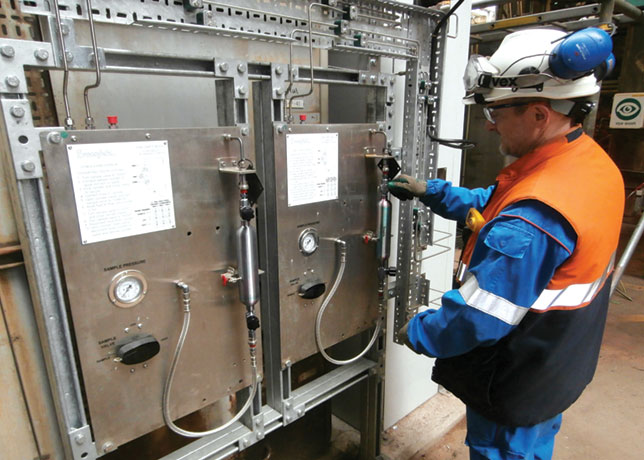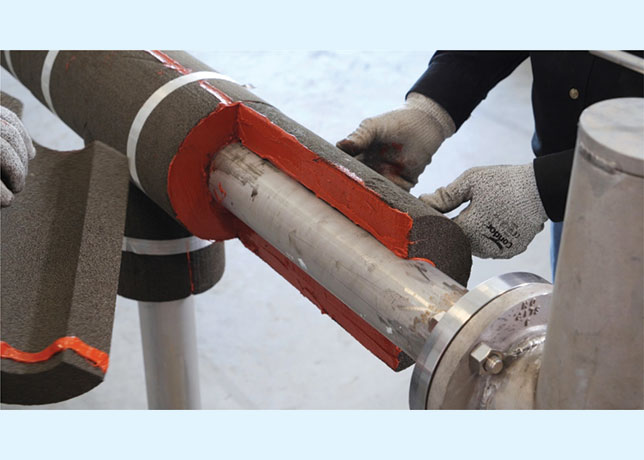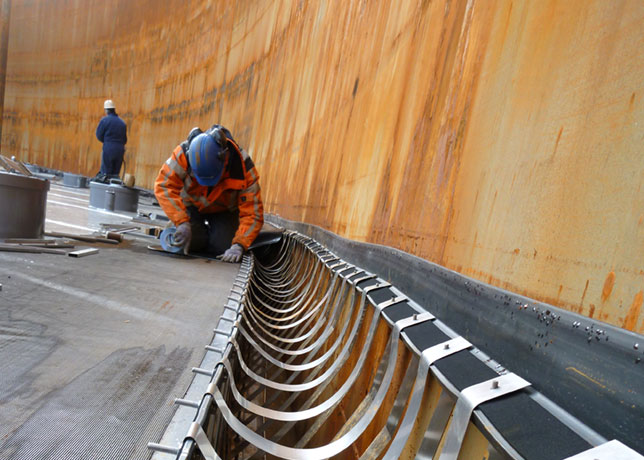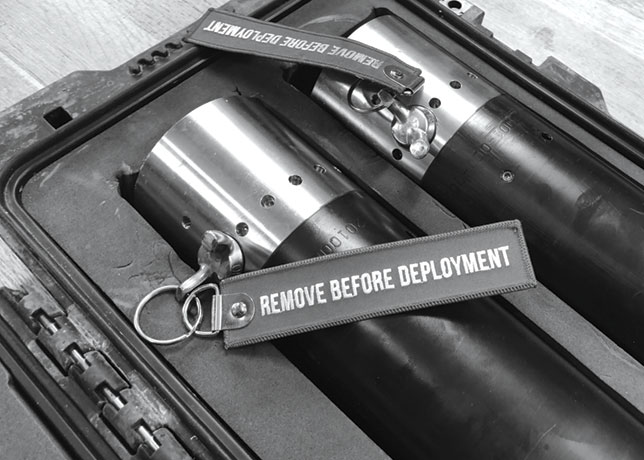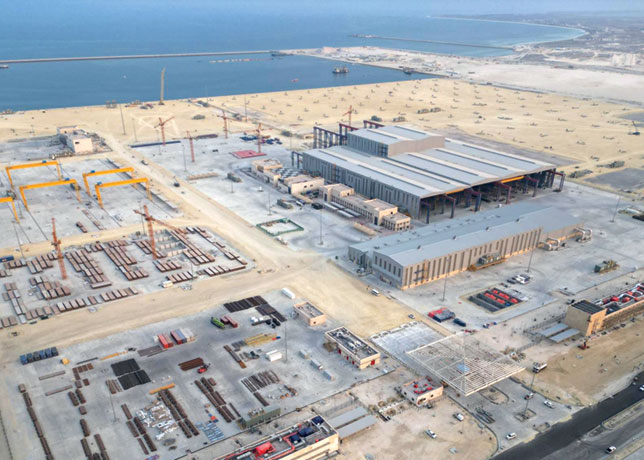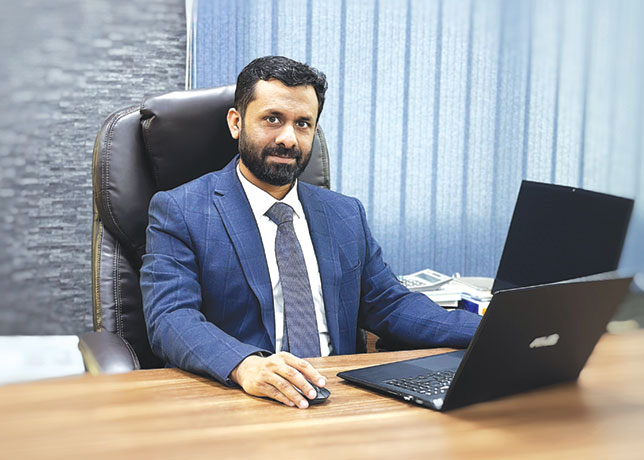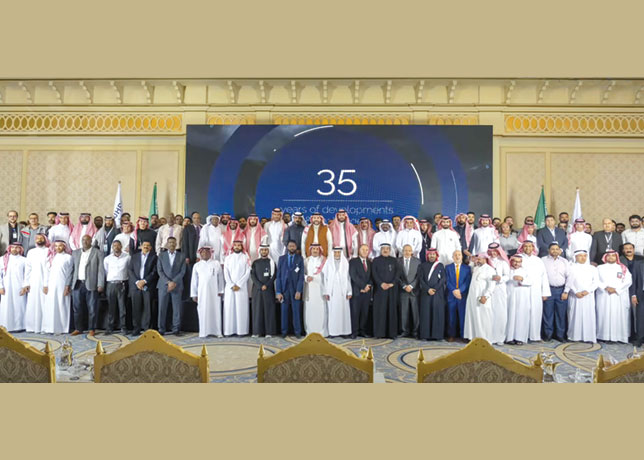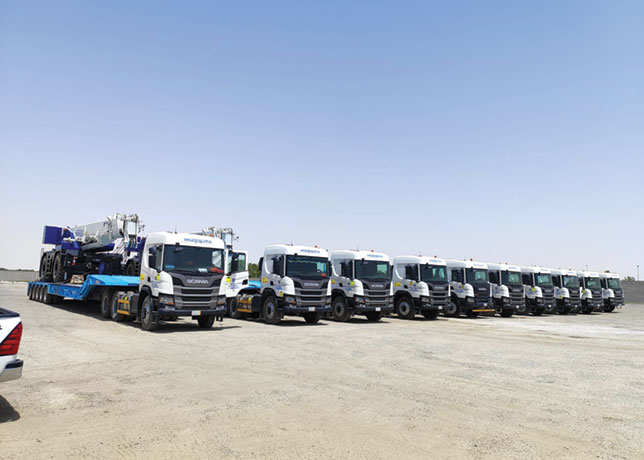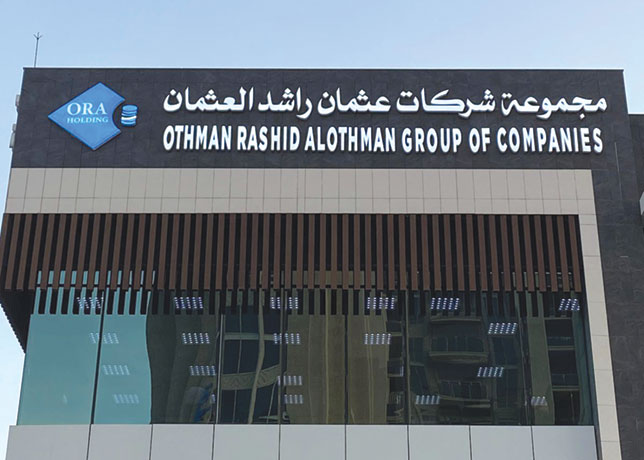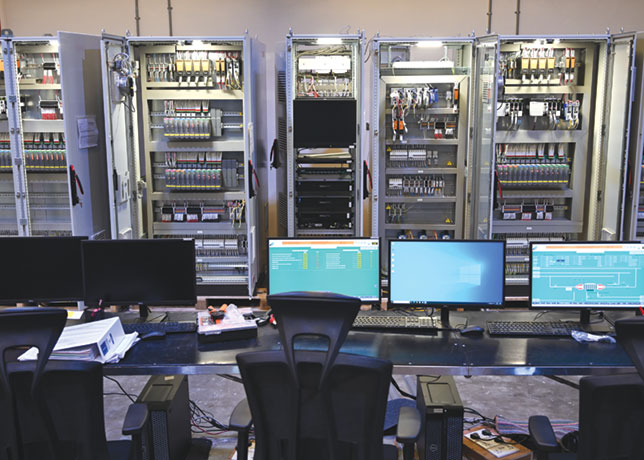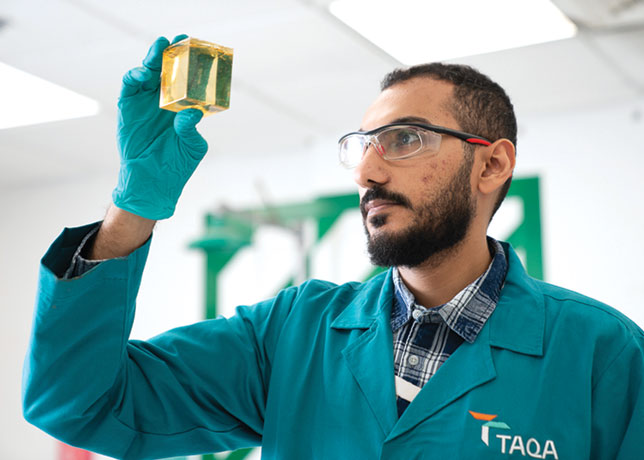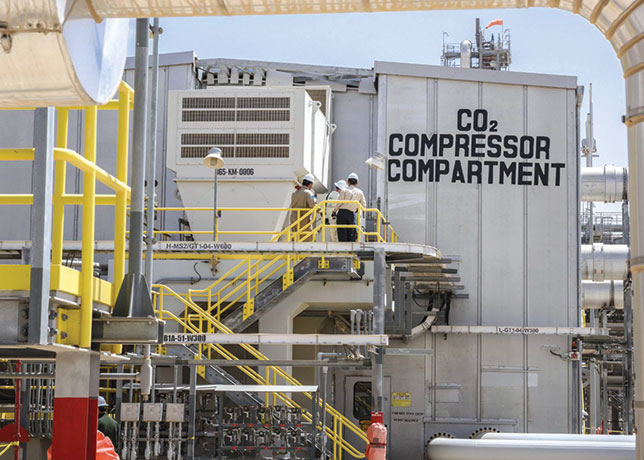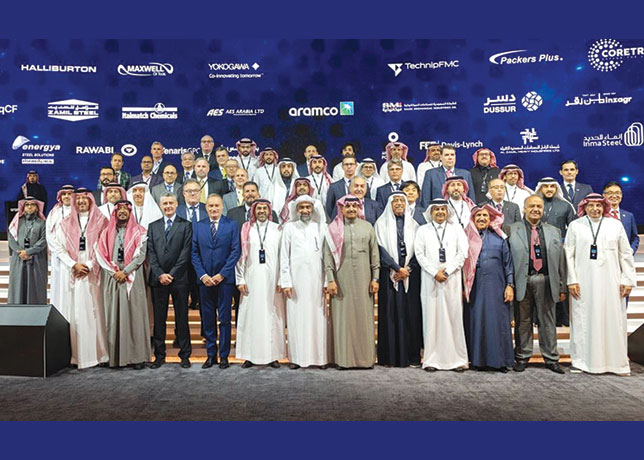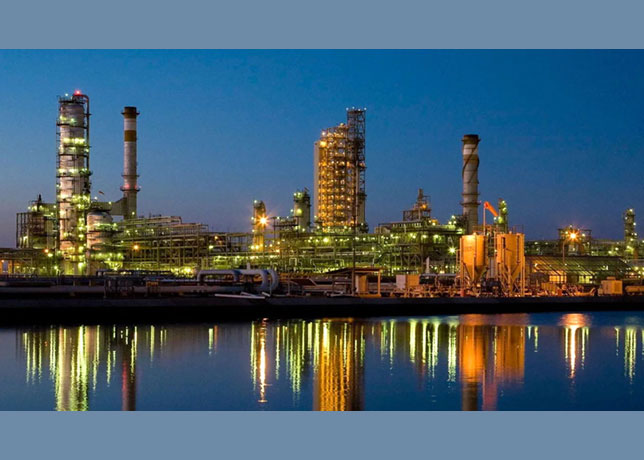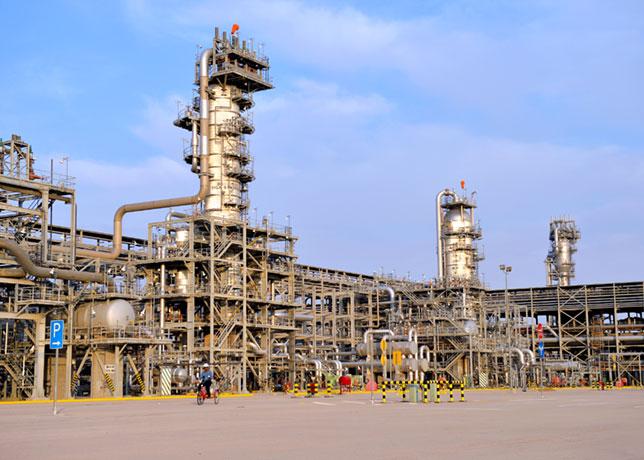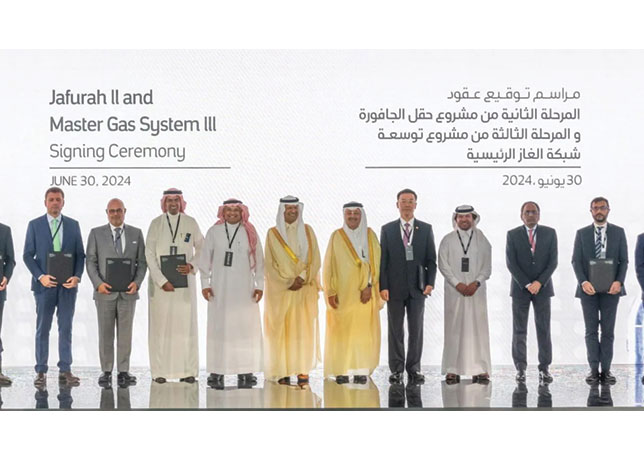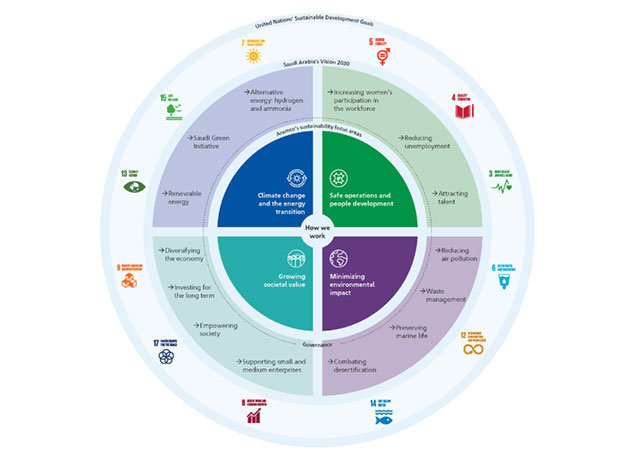
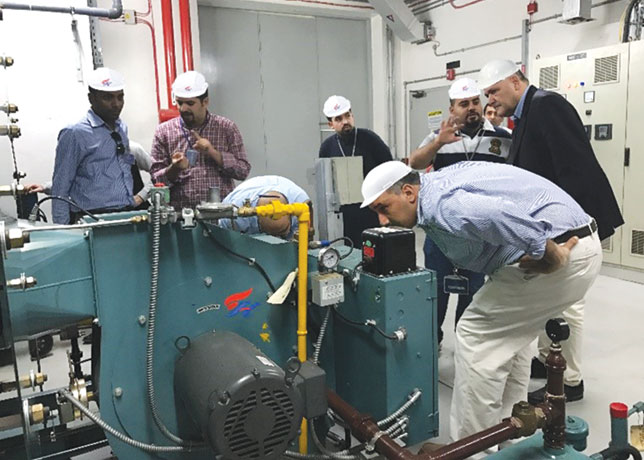 Engineers attending a steam boiler course at Haward's premises in Dubai
Engineers attending a steam boiler course at Haward's premises in Dubai
Cutting technical training budgets in the oil and gas sector risks severe operational and safety failures, with long-term costs far outweighing short-term savings, Jalil Ghanem tells OGN
In the high-stakes environment of the oil and gas industry, where precision and safety are paramount, the quality of technical training provided to personnel is crucial.
'Yet, in the face of budget constraints and economic pressures, companies sometimes resort to cutting corners, particularly in the areas of human capital and training,' Jalil Ghanem, CEO, Haward Technology Middle East, tells OGN energy magazine.
This approach, however, carries significant risks that can have far-reaching consequences.
As the adage goes, 'You get what you pay for,' and nowhere is this more applicable than in the technical training programmes of the oil and gas sector.
THE IMPORTANCE OF QUALITY TRAINING
The oil and gas industry is inherently complex, involving sophisticated machinery, hazardous materials, and challenging operational environments.
Technical training in this field goes beyond the basics; it requires comprehensive, ongoing education to ensure that employees are equipped with the latest knowledge and skills.
This training is essential not only for operational efficiency but also for the safety of workers and the environment.
High-quality technical training programmes offer extensive practical experience, hands-on sessions, and real-world scenarios that prepare employees for the challenges they will face on the job.
They also incorporate the latest technological advancements and industry best practices, ensuring that the workforce is capable of operating safely and effectively in all circumstances.
THE RISKS OF CUTTING CORNERS
 |
Engineers from Adnoc, Luberef and Petronas attending a pressure-relief-valve course at Haward's premises in Dubai |
When companies reduce their training budgets, the quality of training inevitably suffers.
Shortened programmes, reduced access to advanced simulation tools, using low quality technical training companies, and a lack of updated training materials can leave workers inadequately prepared.
This can lead to increased incidents of operational errors, equipment malfunctions, and safety breaches, any of which can have devastating consequences.
In the oil and gas industry, a small mistake can lead to massive financial losses, environmental disasters, and even loss of life.
For instance, a poorly trained engineer or technician who misinterprets a reading or overlooks a potential issue can inadvertently cause a chain reaction that leads to a catastrophic event.
Moreover, when accidents do occur, poorly trained employees may not respond as effectively, exacerbating the situation.
The cost of these potential outcomes far exceeds the savings gained from utilising the services of cheap training companies rather than the expensive but high-quality ones.
In the long run, companies may find themselves facing hefty fines, legal fees, and reputational damage that could have been avoided with proper training investment.
INVESTING IN HUMAN CAPITAL
The concept of human capital is integral to the oil and gas industry; employees are the backbone of any operation, and their expertise directly influences the success of a project.
By investing in comprehensive technical training, companies are not just enhancing the skills of their workforce; they are also safeguarding their operations and securing a competitive edge in the market.
THE LONG-TERM PERSPECTIVE
Companies that prioritise high-quality technical training (even at an expensive cost) are investing in their future, ensuring that their operations are efficient, safe, and sustainable.
In an industry where the stakes are so high, there is no room for compromise.
'The saying, ‘You get what you pay for’, couldn’t be more true in the oil and gas industry,' concludes Ghanem.














































































